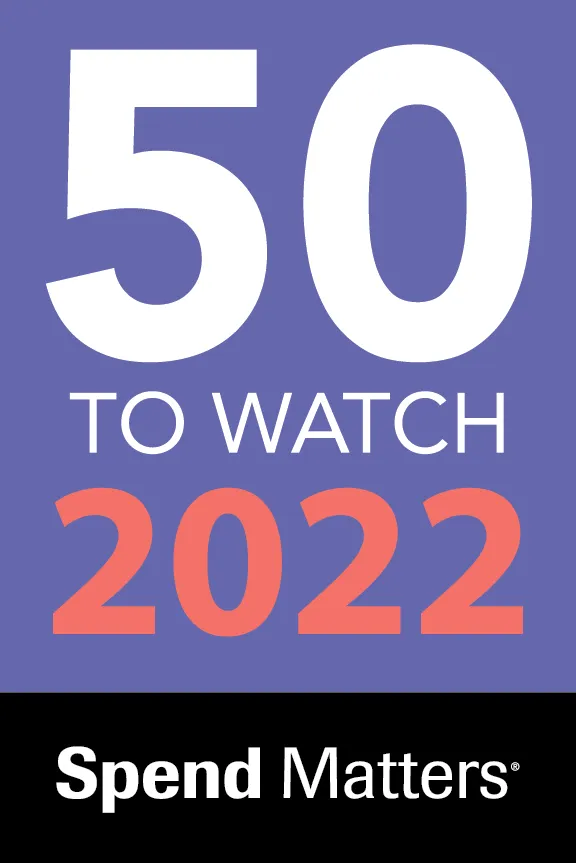On December 14, 2023, the European Union announced a political agreement on the new Corporate Sustainability Due Diligence Directive. This directive will create mandatory human rights and environmental due diligence obligations for companies operating in the EU, whether based there or not. For the first time, large companies must adopt and implement a plan ensuring their business model and strategy are compatible with limiting global warming to 1.5°C. The legislation departs significantly from the voluntary regimes of the OECD and UN Guiding Principles on Business and Human Rights. It establishes civil liability for damages and introduces penalties for noncompliance, including fines up to 5% of global turnover.
The new diligence rules will apply to:

- Companies based in the EU with over 500 employees and an annual net global revenue exceeding €150 million, or those operating in high-impact sectors like manufacturing, food, clothing, and textiles with over 250 employees and €40 million in annual net global revenue.
- Non-EU companies that meet certain revenue thresholds generated within the EU, though some uncertainty remains regarding exactly what EU presence (if any) is required for non-EU companies to fall under the rules.
- The financial services industry was a major point of contention in negotiating the final text, and has been temporarily excluded from the due diligence obligations. However, European legislators have emphasized this exclusion will be revisited later. Still, the financial sector must adopt and implement a climate transition plan to align with the 1.5°C global warming limit.
- The Corporate Sustainability Due Diligence Directive (CSDDD) will apply to the company's own operations, its subsidiaries, and their upstream and downstream business partners/suppliers. The exact definition of 'business partners' is still to be determined and will be clarified when the final text is published. Companies will be expected to use their influence to drive engagement and change throughout their value chains.
What we find most important is companies will be required to disengage from business partners if their adverse impacts cannot be prevented. The rules will also indirectly impact many companies not directly included. Those upstream or downstream of covered companies can anticipate requests for information, contractual assurances, and audits to verify compliance.
The CSDDD imposes a duty on in-scope companies to detect and prevent, mitigate, or end real or potential adverse impacts on human rights and the environment. To fulfill this obligation, companies must:
- Risk Management: Companies need to identify, prevent, and mitigate the adverse impacts of their operations on human rights and the environment Incorporate human rights and environmental due diligence into their policies.
- Identify actual and potential adverse impacts on human rights and the environment stemming from their own operations and those of subsidiaries and business partners across their supply chains (e.g. child labor, worker exploitation, pollution, biodiversity loss).
- Stop, minimize, and remedy any adverse impacts that materialize.
- Establish and maintain grievance mechanisms and complaint procedures.
- Monitor the effectiveness of their due diligence policies and measures.
- Publicly communicate their due diligence processes.
- Continuous Review and Adaptation: Regularly update your practices to align with evolving standards and expectations.
- Stakeholder Engagement: Companies must actively engage with stakeholders, including affected communities and workers, to understand risks and develop solutions
- Transparency and Reporting: Mandatory public disclosure of due diligence policies, processes, and findings is emphasized.
The EU Corporate Sustainability Due Diligence Directive signals a transformative approach to business sustainability and social responsibility. Companies that proactively adapt to these changes can not only meet regulatory demands but also contribute to a more sustainable and equitable global business environment.
FRDM is already working with some of the most recognized brands in the world on CSDDD compliance.
To learn more select the contact button at the top.









